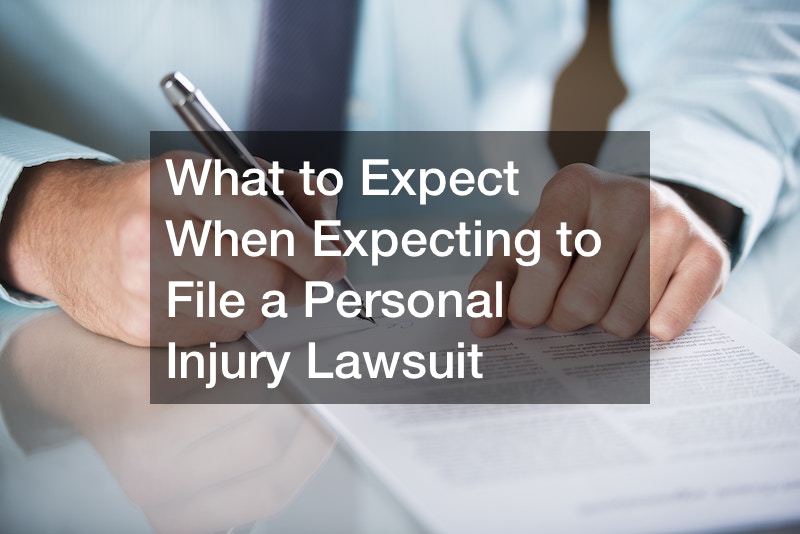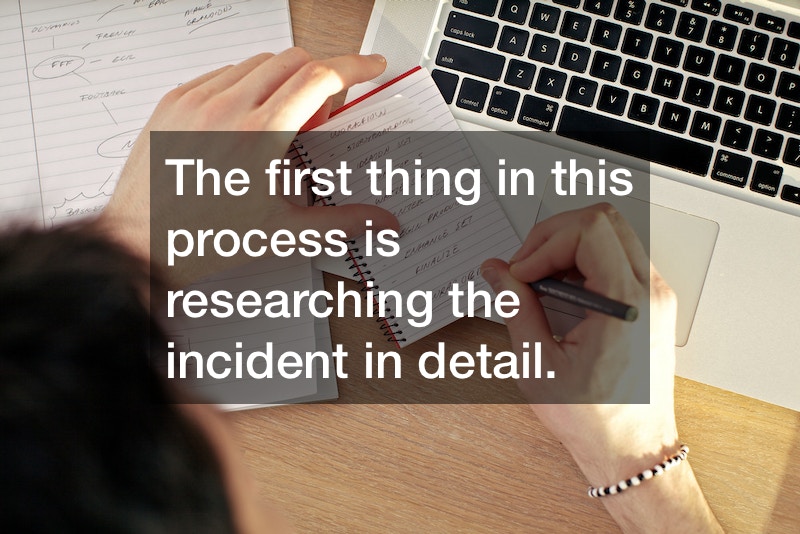

Before filing an accident bodily injury claim, it’s best to understand what to expect from this process. Accident case law is complex. For this reason, you should consult a car accident lawyer to guide you in filing your claim. The first thing in this process is researching the incident in detail.
Make sure that the evidence substantiates your claim. Doing this is crucial for getting proper compensation for your damages and losses. In addition to filing a lawsuit, there are other essential things you need to consider. These things are like documenting how injuries affect your daily life. You may also require evidence of the medical expenses incurred during this time.
The most crucial thing in filing your claim is ensuring that the lawyer you choose can deliver quality representation. For this reason, it’s necessary to carefully research a personal injury lawyer before allowing them to tackle your case. It will help to consider choosing a lawyer with many years of experience.
Such accident claim solicitors guarantee reliability and trustworthiness. Working with a personal injury law firm with a good reputation in your local community is best. You also need to ask your lawyer if they have previously worked with similar cases.

Whether your personal injury lawsuit is a result of auto accident claims, bankruptcy claims, disability claims, worker’s compensation claims, or a less common issue, the details may vary, but the process is still the same. You can expect to go through the following steps to get the compensation you deserve for the pain and suffering you incurred as a result of your personal injury:
-
- Meet With Your Personal Injury Litigators
During your initial meeting with your personal injury litigators, you will describe all the circumstances that relate to your case, and they will probably ask you a long list of questions to make sure they’ve collected all of the details. The type of information that your personal injury litigators will need include: your condition and medical treatment, other people who were involved in the accident, the witnesses who may have useful information, and any contact you have had with the defendant since the accident. Some of the information gathered during this initial meeting might be difficult or painful for you to relive, but it is important for your lawyer to have the full scope of the situation.While you are in this initial meeting, your personal injury litigators will discuss the extent of their representation, the fees involved, and payment options for it. A few other in details that you can expect your personal injury litigators to cover while building your case include:
- Getting a authorization to access your medical records.
- The contact information for your insurance adjusters, the insurance coverage the defendant has, and any records pertaining to your accident from either party’s insurance company.
- Contact information for any witnesses who may have given statements to the police or insurance companies, so that the information on record about your incident can be collected by your lawyer.
- Any other records you may have regarding your accident: your own record keeping of your injuries and recovery process, emails that you’ve had with any pertinent parties, and any additional expenses that you have incurred as a result of the accident.
- Meet With Your Personal Injury Litigators
-
- Filing the Paperwork
Your attorney will walk you through the process of filing your personal injury lawsuit. There are several steps involved in it:- The Petition
The petition will provide an outline of the case you have against the defendant, the legal basis for your claim, and any related information. In this document, you will list the damages that you hope to recover in the lawsuit. - The Summons
The summons is the documentation that is sent to the parties involved in the case, that describe the complaint and outlines a time limit that the defendant must respond by. The summons is “served” to the defendant, which means there is an official record that they received it. - The Answer
The defendant will respond to your summons with documentation that either admits, denies, or claims insufficient knowledge of the case. This response helps your lawyers decide how to proceed in your personal injury case, and build your claim.
- The Petition
- Filing the Paperwork
- The Resolution
Depending on the response from the defendant, you may be able to settle your issue out of court. The purpose of a personal injury trial is for an unbiased third party (a judge or jury) to determine the validity of the facts. If the facts in the case are not disputed by the plaintiff, there’s no need for trial. Instead, your lawyer and the lawyer for the defendant will work out a fair compensation for your pain and suffering. Keep in mind, the defendant’s lawyers are going to fight to give their client the the best possible outcome. It is important that your attorney fights equally as hard for your cause, and that you don’t settle for less than you deserve.If the defendant denies liability, the claim may go to trial. This gives the plaintiff an opportunity to make an argument that his claim is valid, and the defendant a chance to refute it. After both sides present their perspective of the case, a judge or jury will weigh out the facts and make a decision on the defendant’s liability and how much they owe, if anything. Once a decision has been made, the money is collected from the defendant and given to the plaintiff, or either party files an appeal to reverse the decision.